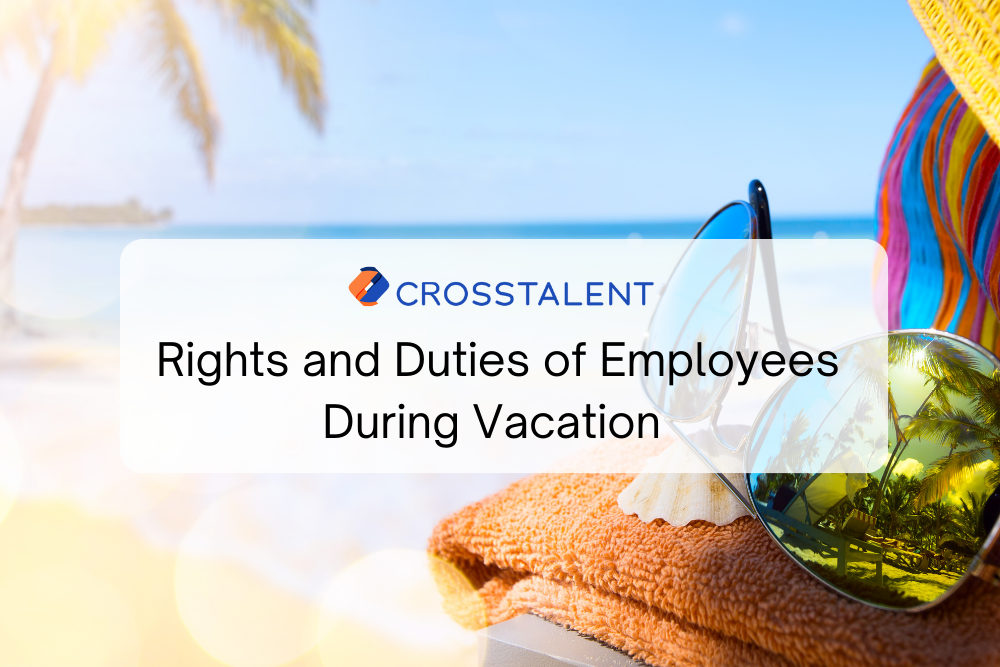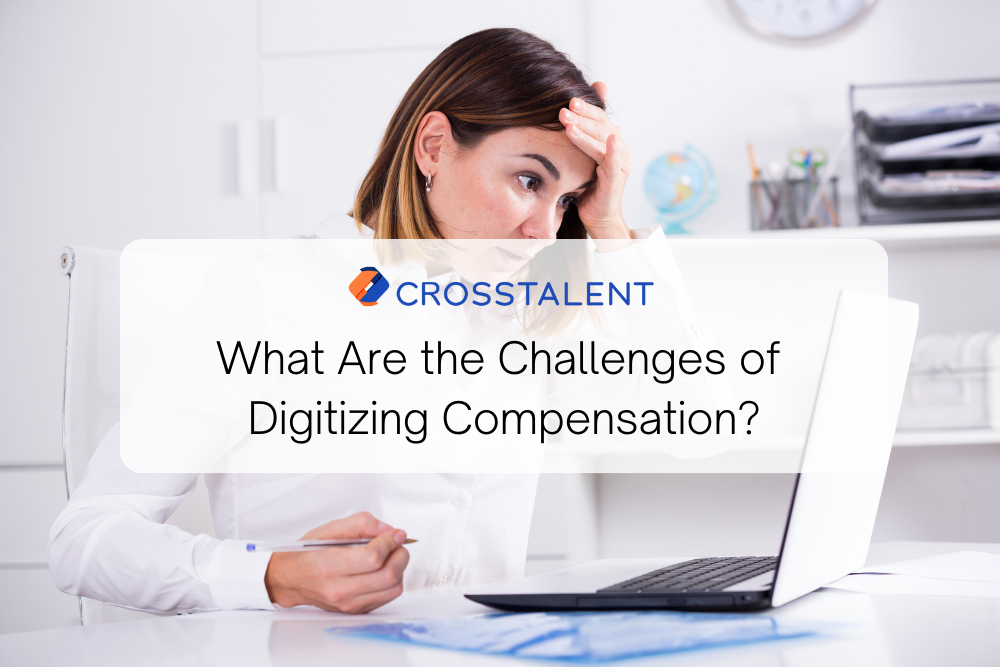What are the rights and duties of employees during vacation?
In this article, we look at things from the employee’s perspective in France.
Employee Rights During Vacation
Length of Paid Vacation
In France, the Labor Code governs legislation concerning the duration of paid vacation. By law, all employees are entitled to annual paid leave, known as statutory paid leave. The duration of this leave depends on the employee’s actual working hours.
In general, the minimum duration of statutory paid leave is five weeks a year, or 30 working days for a full-time employee (based on a 35-hour week). However, certain collective or company agreements may provide for longer periods of leave.
It is important to note that public holidays are not included in the duration of statutory paid leave. Furthermore, paid leave can be taken in installments, in agreement with the employer.
Specific Rules for Part-Time Employees
Part-time employees benefit from the same guaranteed treatment as full-time employees.
Therefore, they are entitled to the same amount of leave as a full-time employee, i.e. 30 working days (most of the time from Monday to Friday, excluding Sundays and public holidays). Please note: the employer sets the rules for taking paid leave, respecting the principle of equality between full-time and part-time employees.
To calculate the number of days of vacation taken as a part-time employee, the employer takes the following two conditions into account: 1.) 1st day of leave, and 2.) all the working days included in the period of absence until you return to work. For example:
You work part-time, for example, on Mondays, Tuesdays, Thursdays, and Fridays, with the exception of Wednesdays.
You request days off on Monday and Tuesday, in which case 3 working days off are deducted (Monday, Tuesday, and Wednesday, even if you don’t work that day as part of your part-time schedule).
You request days off on Thursday and Friday, in which case 3 working days off are deducted (Thursday, Friday, and Saturday, Wednesday is considered as the day on which you work part-time).
You request a week’s leave, in which case 6 working days are deducted.
Vacation Planning
Mandatory Vacation Periods
The vacation period must include the summer period from May 1 to October 31 each year.
The duration of the main vacation taken in one go between these two dates must be at least 12 days. However, it may not exceed 24 working days, i.e., 4 weeks’ paid leave.
The 5th week of paid leave is not included in the main leave.
Split Days
If an employee does not take the full 4-week main vacation during the period from May 1 to October 31, he or she may be entitled to additional days of paid leave. These additional days are granted under the following conditions:
- 1 working day: if between 3 and 5 days of leave are taken outside the legal period from May 1 to October 31
- 2 working days: if the employee takes at least 6 days off outside this legal period.
- The collective bargaining agreement or the company or establishment agreement sets the rules for the application of split days.
Rules for Taking Simultaneous Leave Between Colleagues
This is known as the order of departure. It is set in the same way as the period of paid leave by a company or establishment agreement or, failing that, by an industry convention or agreement.
In the absence of stipulations in the agreement, it is up to the employer to determine the order in which leave is taken. In doing so, he must take into account:
- Family situation (in particular, the possibility of leave for a spouse or PACS partner in the private sector or the civil service, the presence in the household of a child or disabled adult, or an elderly person losing their independence)
- Seniority
- Activity with one or more other employers.
Vacation Pay
Contrary to popular belief, employees are not paid as such during paid vacations. They do, however, receive what is known as an ICP, translated to “indemnité de congés payé” in French. This vacation pay is calculated either:
- According to the salary maintenance method, the indemnity is equal to the remuneration that would have been paid during the leave period if the employee had continued to work.
- According to the 10th method, the indemnity is equal to one-tenth of the total gross remuneration received by the employee during the reference period.
The employer must compare these two calculation methods and choose the most advantageous amount for the employee.
Specific Rules for Employees on Sick Leave
When an employee is off work, this can impact the way paid leave is taken. This is particularly the case if the employee falls ill while on vacation or if he is off sick before taking his vacation.
Hypothesis 1: Employee on Sick Leave Before the Start of Vacation
If the employee is off sick before taking leave, he/she retains his/her days of leave. Untaken leave can be carried forward to the end of the sick leave.
Please note: the employer is obliged to allow the employee to carry over his or her earned leave days. This can be done either during the period of leave scheduled by the company or beyond.
Hypothesis 2: Employee Falls Ill While on Leave
If an employee falls ill while on paid leave, he or she may request the carry-over of leave not taken as a result of his or her absence from work if an agreement or collective bargaining agreement is provided.
Caution: In the absence of such a provision, the European Court of Justice considers that the employer is obliged to carry over such leave. A French judge has not confirmed this.
Employees’ Duties During the Vacations
Just because you’re at the beach doesn’t mean you lose your obligations to your employer.
Obligations of Confidentiality and Discretion While on Vacation
As soon as the employment contract is signed, the employee undertakes to respect a duty of discretion and confidentiality concerning professional information of which he or she has knowledge. This duty applies throughout the contractual relationship, including on the beach. It applies equally to information relating to the company (strategy, financial data, customers, etc.) and to colleagues or superiors (salaries, appraisals, etc.).
Failure to observe professional secrecy may result in disciplinary action or even dismissal for serious misconduct if the indiscretion harms the company or its employees. The French Penal Code also provides for criminal penalties in the event of disclosure of confidential information.
Working During Paid Leave: Yes or No?
As an employee, you are legally prohibited from working for another company during your paid vacation. In fact, the authorities believe that this could potentially prevent job seekers from gaining access to potential employment.
However, during his paid vacation, the employee may sign a harvest contract as provided for in article L 718-6 of the French Rural Code by way of derogation and with the agreement of his employer.
Keeping in Touch with the Company During the Vacations
What about the employer? Does he have the right to ask his employees to work during their vacations? Well, the answer is no: by law, employers do not have the right to ask their employees to work during paid vacations they have previously approved. If he insists, ask him to reread article D3141-1 of the French Labor Code.
Please note that in exceptional circumstances (such as a major work overload), your employer has the right to postpone your vacation. However, he or she must give you one month’s notice before the date of the postponement.
Employers who fail to comply with the provisions relating to paid vacations are liable to a fifth-class fine, imposed as many times as the number of employees concerned by the offense, and repeat offenses are punishable in accordance with the provisions of the French Penal Code.
Related:
Use a Modem HR Tool to Manage it All From One Dashboard
All these rules sound overwhelming; it can be tricky to manage at scale. Fortunately, Crosstlant HRIS software has a module that focuses exactly on this: Time and Attendance. This will help you streamline attendance and requests and maintain compliance with labor laws. To learn more, request a demo with our team, and let’s discuss how we can help you.




